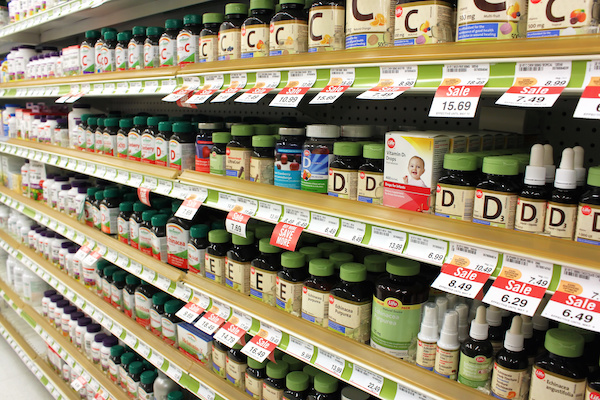FRIDAY, Dec. 16, 2016 (HealthDay News) — Twitter conversations regarding the human papillomavirus (HPV) vaccine — which protects against sexually transmitted infections — tend to be positive, researchers say.
Despite the vaccine’s effectiveness, some oppose its use and voice their opinions on social media. So Drexel University researchers decided to assess what’s being said on Twitter about the vaccine for preteens.
They found more positive tweets than negative ones.
“In our sample, I expected to see a large number of negative tweets based on traditional news coverage of the topic and because HPV can be portrayed as controversial because it brings together the fields of sexually transmitted infections, immunizations and cancer prevention,” said study co-author Philip Massey. “But that wasn’t the case on Twitter, we found.”
“It is always encouraging to see that more positive messages about health are being discussed and disseminated on Twitter,” Massey, an assistant professor in the School of Public Health at Philadelphia-based Drexel, said in a university news release.
The vaccine protects against HPV, which can cause cervical cancer, other cancers and genital warts. HPV is also the most common sexually transmitted disease in the United States.
The vaccine is recommended for girls and boys at age 11 or 12 so they’re protected before being exposed to the virus.
The researchers analyzed nearly 200,000 English-language tweets between the summers of 2014 and 2015. They found that nearly 39 percent of tweets about HPV vaccine were positive, while just over 25 percent were negative.
“This is a refreshing balance to negative stories about vaccines and immunizations that sometimes surface in popular news media due to sensationalism or negative consequences,” Massey said.
Social media is becoming an important source of health information, he said.
“Kids, adolescents and young people, in general, are priority populations for HPV vaccination,” Massey said. “These same populations are some of the highest utilizers of social media. Parents play a key role in deciding whether their kids will get the vaccine, and as more millennials reach parenthood, social media may play an even bigger role in cancer prevention, especially concerning HPV vaccination.”
Because of this, health and media literacy are skills that need boosting, Massey said.
“We need to think more about how we can help strengthen people’s ability to obtain, evaluate and apply well-founded information from trustworthy sources to inform health decisions,” he said.
The study was published recently in the Journal of Medical Internet Research.
More information
The U.S. National Cancer Institute has more on HPV vaccination.
Copyright © 2026 HealthDay. All rights reserved.

